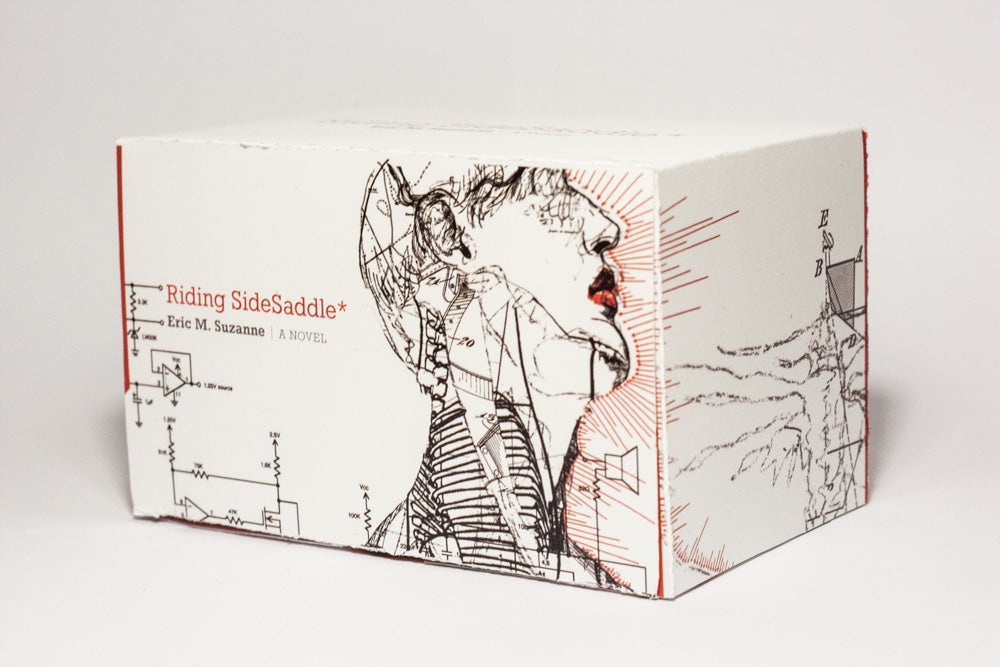What Jesse Ball’s “Census” Is and Is Not
In the preface to his latest book, Census, Jesse Ball tells readers the book is not about what it is about. He wanted to write a book about the loss of his brother who lived with Down syndrome; in the end, he wrote a book about a traveling, dying man who must perform a census of an unknown, magical nature.
What Jesse Ball’s “Census” Is and Is Not Read More »
In the preface to his latest book, Census, Jesse Ball tells readers the book is not about what it is about. He wanted to write a book about the loss of his brother who lived with Down syndrome; in the end, he wrote a book about a traveling, dying man who must perform a census of an unknown, magical nature.







